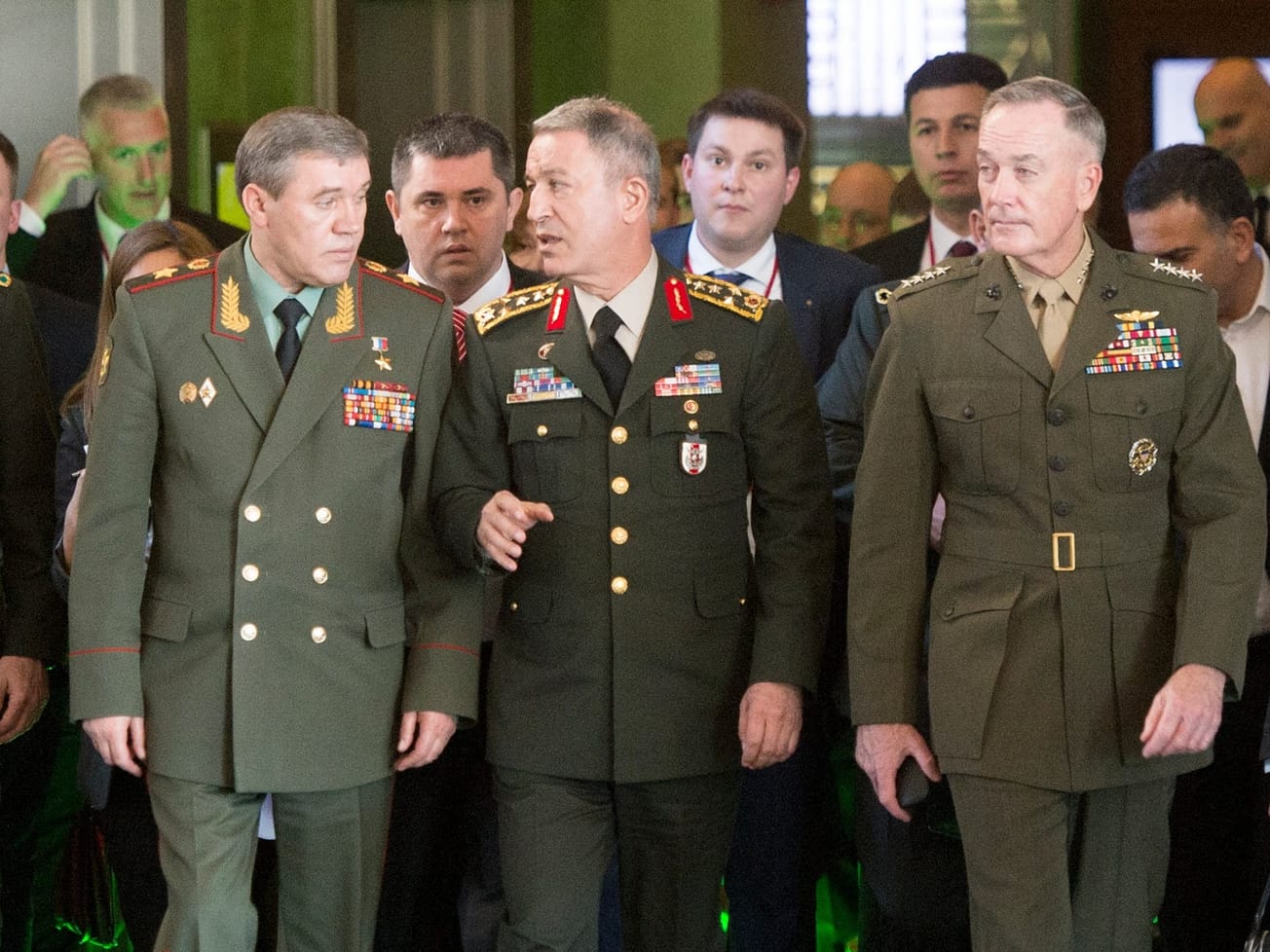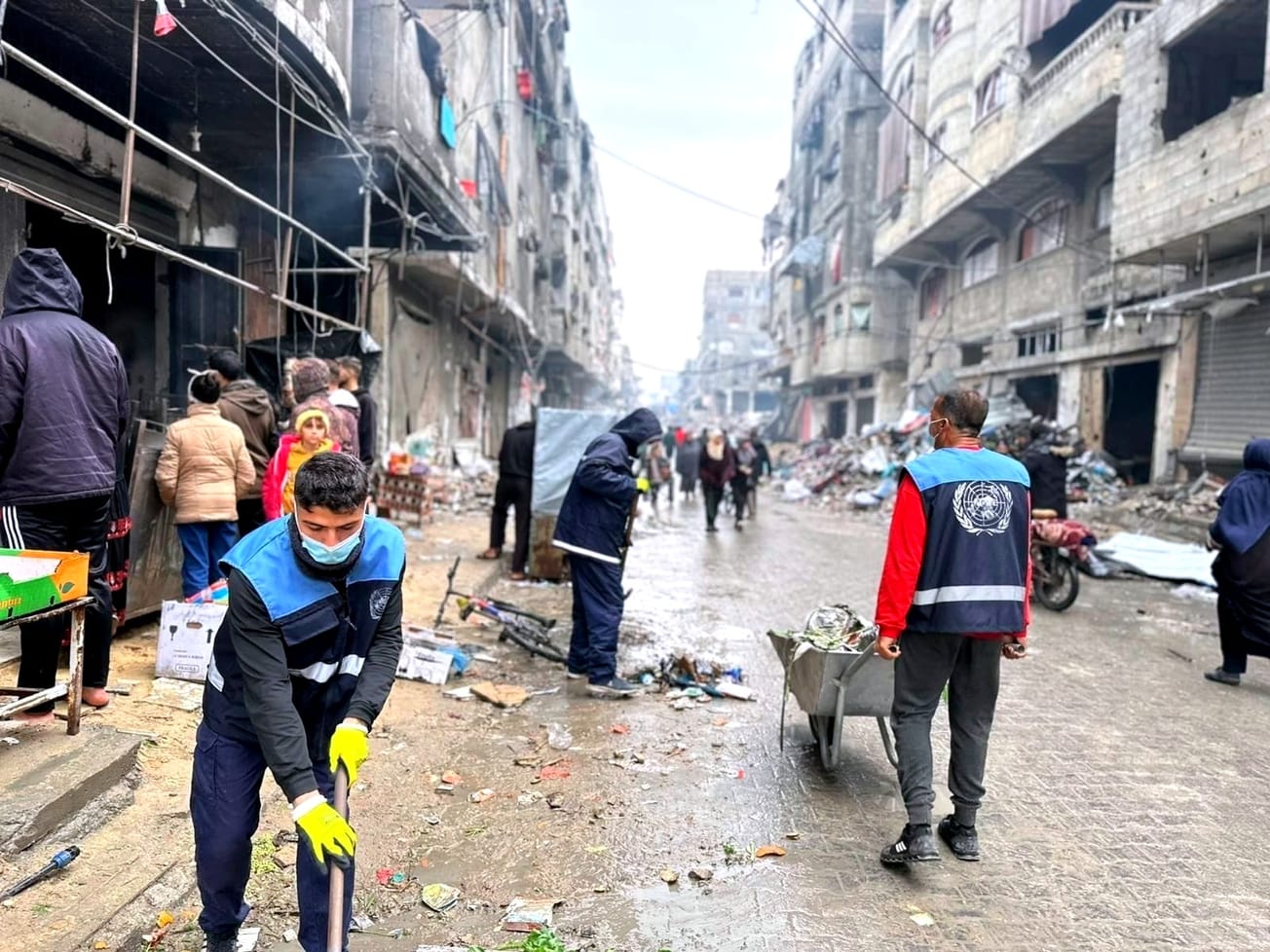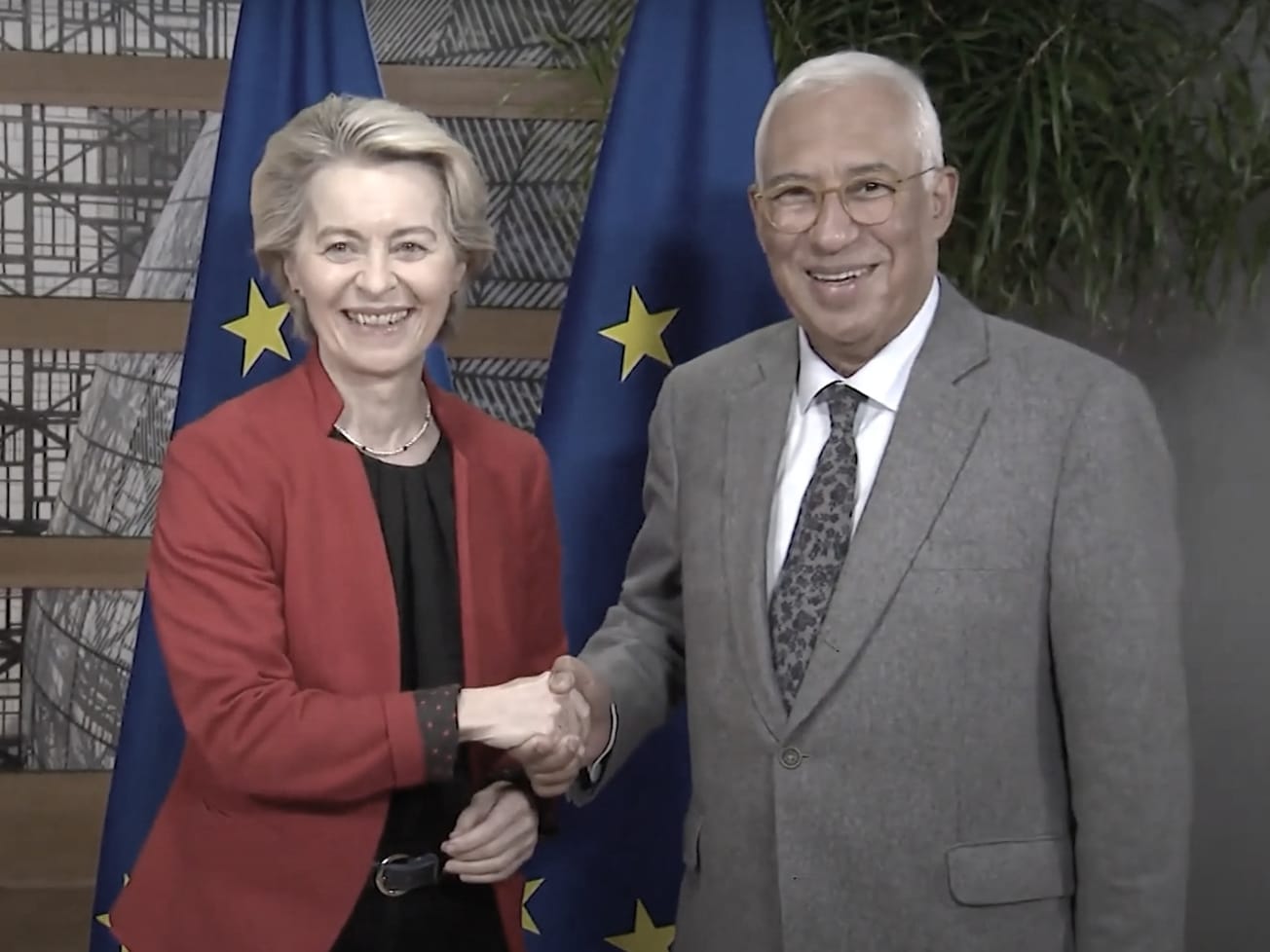The International Criminal Court issued arrest warrants for two Russian military officials for their role in carrying out alleged war crimes and crimes against humanity in Moscow's full-scale invasion of Ukraine.
Tuesday's announcement brings to eight the number of arrest warrants issued by the world's first permanent war crimes tribunal against senior Russian leaders since the invasion was launched in Feb. 2022.









